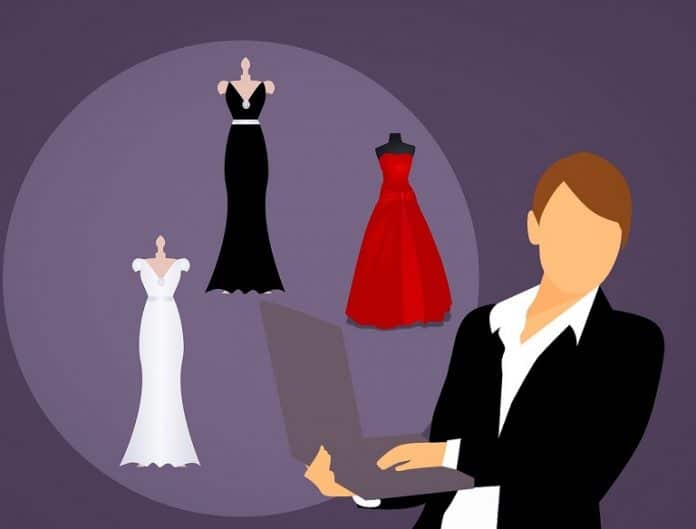The luxury goods sector has been benefiting from a buying spree as consumers are comfort buying online to help them get them through the Covid-19 crisis.
They spent 57 per cent more on luxury goods online globally in one week this month – with leather goods such as handbags and high-end trainers – seeing the highest consistent growth in luxury demand in the UK, according to a study by a UK tech firm.
The online sales of luxury goods are helping to offset the closure of physical stores across the world, which consultancy firm Bain & Company is predicting will result in a year-on-year decline of up to 35 per cent in the global luxury goods market in 2020.
Many brands, such as Chanel, Gucci, Prada and Louis Vuitton don’t sell their full range online, instead preferring to prioritise the in-store luxury experience, which could prove damaging during this crisis.
These online trends were identified by Covid-19 Commerce Insight, a joint project between leading customer engagement platform provider Emarsys and data analytics provider GoodData showing the impact on consumer confidence.
Alex Timlin, senior vice president of verticals at Emarsys, said: “The vast majority of consumers are going through a tough time at the moment, and while you might expect sales of luxury goods online to go down as people tighten their belts, our data shows that it’s going up.
“I appreciate that ecommerce isn’t going to help every brand in the world right now, but it can be a serious help in offsetting the damage caused by lost sales in physical stores while we navigate this global crisis.
“Many luxury brands believe that a luxury sell can’t be done effectively online — but during this time, those brands may have no choice but to reconsider the channels through which they sell.”
The tool used by Emarsys to identify these trends draws on more than a billion engagements and 400 million transactions in 120 countries, providing a global and regional picture of ecommerce activity and trends — a key indicator of overall economic conditions in these unprecedented times.
The trend for increased spending wasn’t limited to the luxury sector, however. Starling bank reported this week that their customers spent more through Amazon, with sales up 39 per cent when comparing weeks ending March 15 and April 5.
Other notable increases were seen at Argos (+49%), ASOS (+12%), John Lewis (+13%) and Apple Store (+36%)
Across the UK the average value of a transaction made by a Starling customer has also risen significantly, with the highest levels in London.
Where the average transaction for the week ending March 22 was £53.57. Two weeks later (week ending April 5) it had more than doubled to £107.72.


